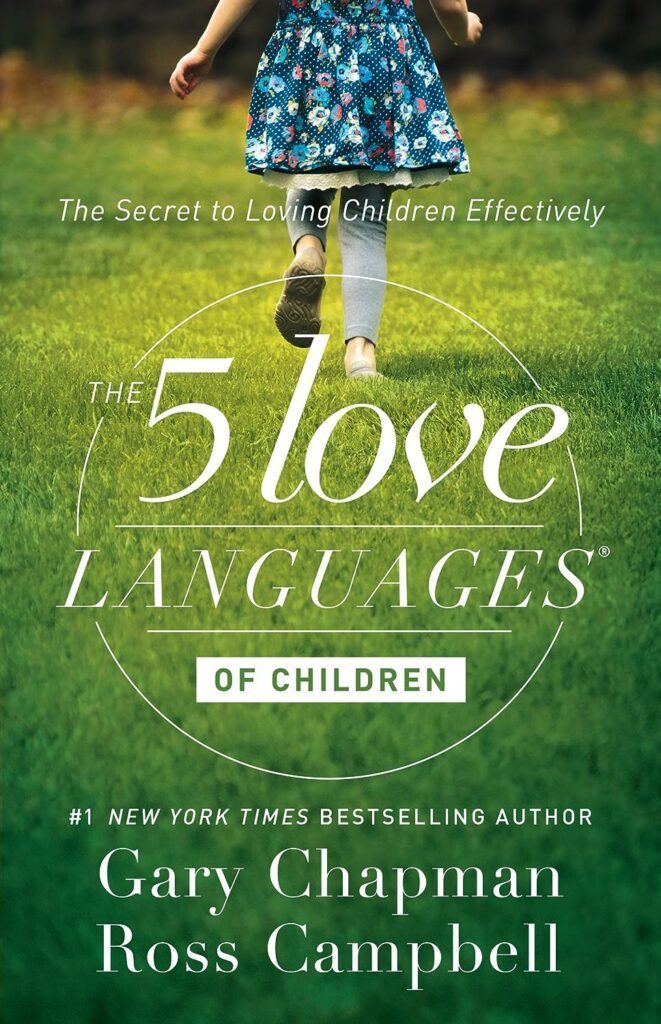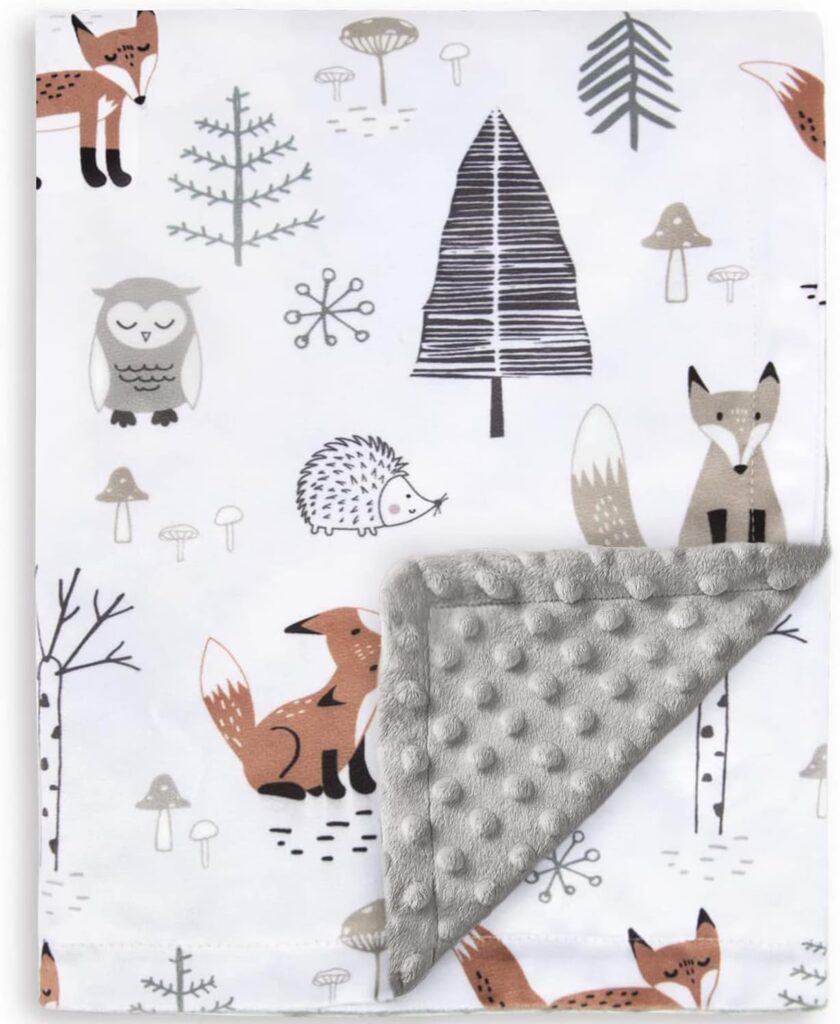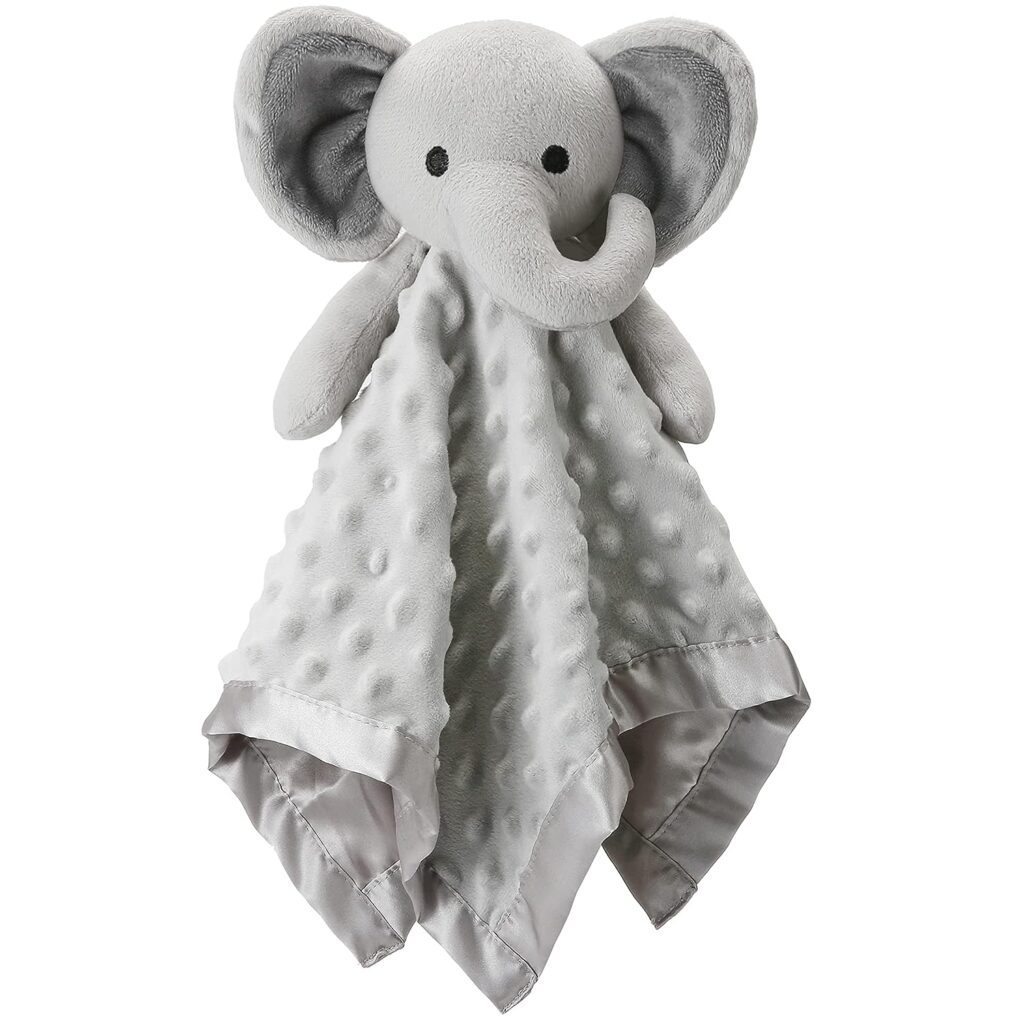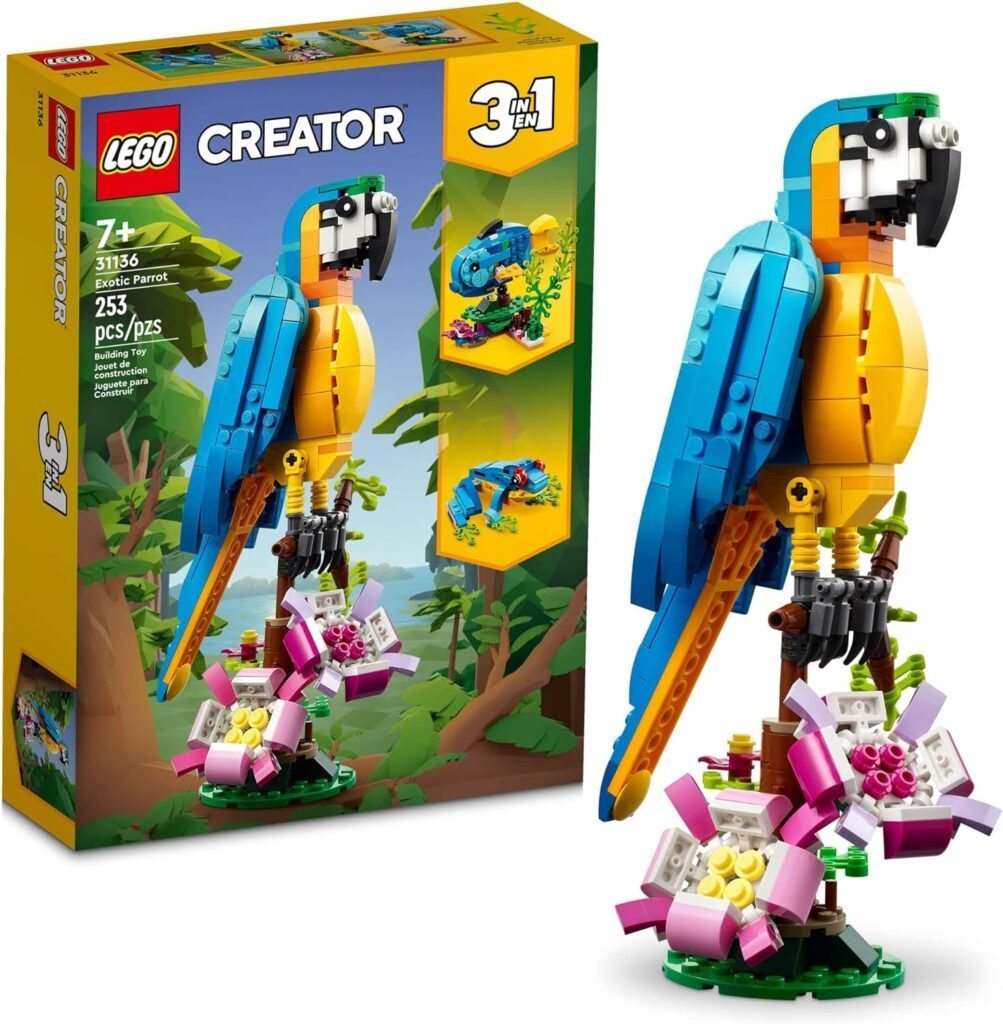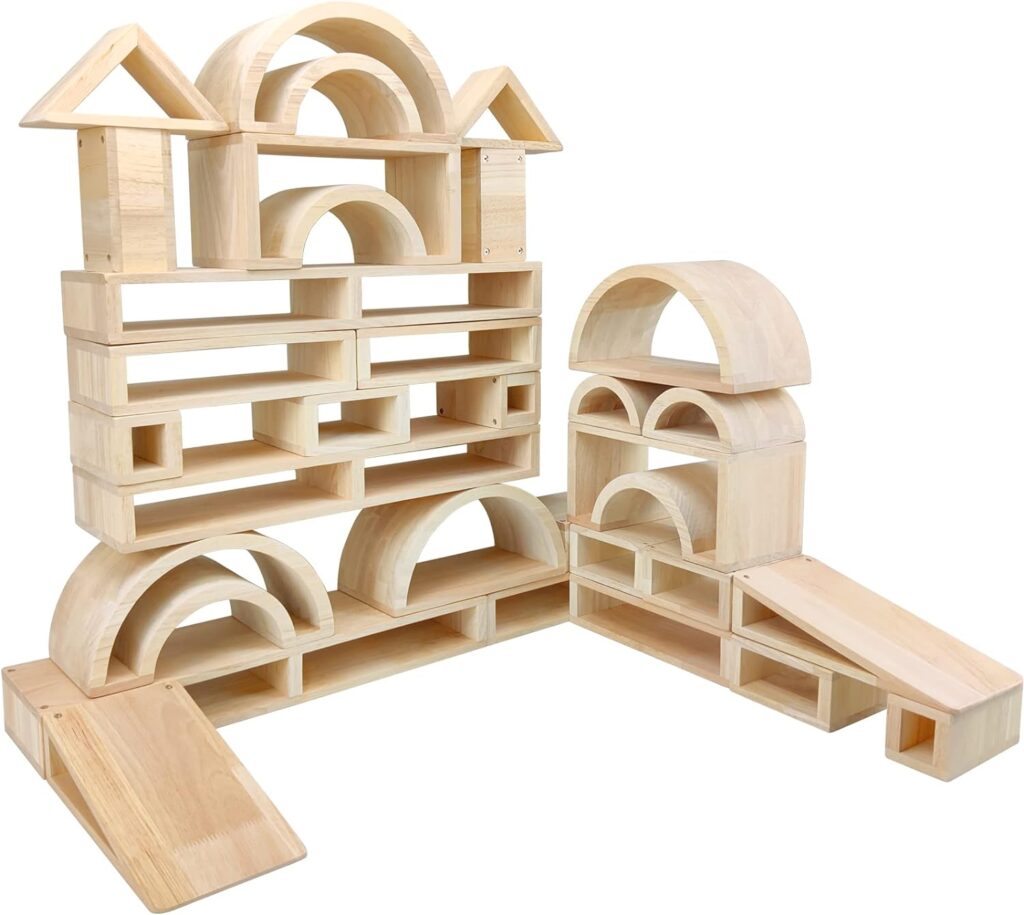Understand your love language for kids . It can be the key to unlocking a deeper connection and happy, secure relationships. Let’s explore the fascinating world of children’s love languages, helping you understand your child’s needs. Discover the most effective ways to make them feel loved and valued.
Love Language for kids
Inspired by the bestselling book “The 5 Love Languages of Children” by Gary Chapman, this article explores the concept of love languages: how kids experience and crave affection. We’ll unveil the different ways children perceive love, helping you to see your little one’s needs. From words of affirmations to playful quality time, discover the key to unlocking a deeper connection and showering your child with love in a way that truly resonates with them.
1. Words of Affirmation
Children who have Words of Affirmation as their love language need to hear encouraging and positive things from their parents. Simple statements such as “I am so proud of you” or “You did a great job” can go a long way to show your child love. You can also write notes for your child and leave them on their desk or in their lunch bag, as a way of showing encouragement and support.
Some words of affirmation inspiration:
“I love the drawing you made, tell me about it”
“That’s a great question”
“I believe in you, you should try it”
2. Quality Time
Children who have quality time love language want you to spend time with them, doing activities that they enjoy. Turn off your phone and spend quality time with your child playing board games, baking, or going for a nature walk. Make sure you are fully engaged with your child and showing that you are interested in what they are doing. You will see their heart full with love.
Some ideas for quality time:
Make plans with your child – plan a trip or create weekly family menu
Cook together – how about try new recipes or make old fashioned chocolate chip cookies
Let your children pick a game they like
3. Physical Touch
Children who have this love language touch need physical affection such as hugs, holding hands, and high fives. They need to feel the warmth of their parent’s love through physical touch. Create time in the evening to cuddle under blanket, watch tv with them on your lap, and don’t forget daily kisses.
Tips for this language
Never let go first of a hug because you don’t know how long your child needs
Show appreciation with touch and kiss
Good night kisses are the best!
4. Acts of Service
Children who have Acts of Service as their love language feel loved when their parents do things for them. Examples include helping with homework, cooking their favorite meal, or doing a chore they don’t like doing. These acts show them that you care about them and are willing to put time and effort into making their day better.
Act of service Ideas
Fix their favorite toy
Visit charity with their old toys
Clean their room for them
5. Gifts
Children who appreciate receiving gifts are thrilled by the thought and effort that goes into picking out a special item just for them. It doesn’t have to be an expensive gift, just something meaningful. They appreciate the thought behind a gift because they know when you were away, you were thinking about them.
Gift ideas for kids
In the store allow them randomly pick an item with a budget of few dollars
When you travel surprise them with a gift that you thought of them
Pick their favorite fruit in the store
Love language for kids:
It’s important to remember that every child is different and may have a combination of these love languages. As parents, we need to understand that every child has individual needs and preferences when it comes to showing love and affection. By learning about the different love languages, we can show our children that they are loved, appreciated, and valued.
Disclosure: We use affiliate links to earn a small commission. If you choose to purchase something through one of these links, there is no cost to you.


